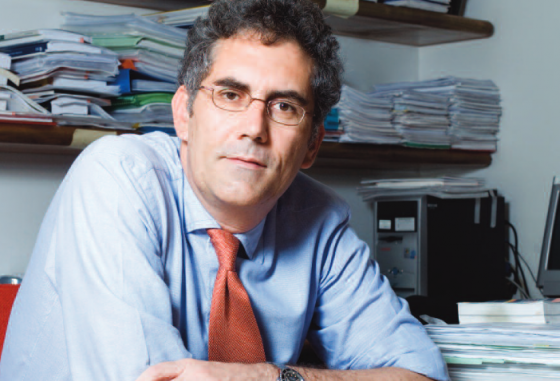Hope for cancer patients may be increased by engaging in advanced care planning (ACP). The study, abstract 12029, presented in a poster session at ASCO, which took place online June 4-8, found that hope was significantly higher among patients who had engaged in end-of-life (EOL) conversations and completed a living will or advance directive.
“Hope is an important aspect of taking care of patients at the end of life. Multiple research studies show it’s really important, with many patients, suggesting hope has helped mitigate their anxiety and depression, and other studies suggesting it may even benefit symptoms,” said study presenter Michael Cohen, from the University of Pittsburgh, Pennsylvania. But fear of patients ‘giving up hope’ is one of the principal reasons oncologists cite for deferring the offer of advance care planning to cancer patients until late in the course of disease. With research lacking about the relationship between ACP and hope, Cohen and colleagues set out to determine how ACP in the form of an end-of-life conversation with an oncologist or completion of a living will/advance directive was associated with patient hope.
The current research was a secondary analysis of longitudinal data from the Connect study exploring palliative interventions in patients with advanced solid tumours, for whom providers ‘would not be surprised if they died within the next year’, and ECOG performance status 0-2. In a validated questionnaire, patients were asked whether providers had talked to them about the care they would want to receive if they were dying, and whether they had completed a living will/advance directive.
Levels of hope were measured using the Herth Hope Index (HHI), a scale ranging from 12 to 48, with higher scores indicating higher levels of hope. “It measures the state as opposed to trait of hope, measuring hope at any one time, not how hopeful the individual person is as part of their personality,” explained Cohen. Additionally, multivariate regression was performed to control for baseline HHI scores, study randomisation and age, religious importance, education, marital status, socioeconomic status, time since cancer diagnosis, pain/symptom burden, and anxiety/ depression scores.
Altogether, 672 patients were recruited (mean age of 69±10), with the most common cancer types being lung (36%), gastrointestinal (20%), and breast/ gynaecologic (16%). Of 378 participants (56% of study population) who had not undergone an EOL conversation at baseline, 111 (29%) went on to report having had one by three months. Additionally, of 216 (32%) of patients without an advance directive at baseline, 67 (31%) had completed one by three months.
At three months the preliminary analysis found no difference between patients who had and those who had not had an EOL conversation (P=0.707) or between patients who had and those who had not completed a living will/advance directive (P=0.134). However, after multivariable adjustment, there were significant increases in ‘hope’ among patients who had engaged in the EOL conversations compared to those who had not (P=0.032) and among patients who had completed a living will/ advance directive compared to those who had not (P=0.030).
“Overall, we believe the results of this study will enable providers to feel more comfortable having these important conversations about advance care planning with their patients, without fear of giving up hope,” says Cohen. With study participants representing a fairly homogenous racial population and end-of-life preferences differing according to cultural backgrounds, he added, it will be important to repeat the study with different cultural groups.
Limitations include the study being a secondary analysis of another randomised controlled trial, with the result the analysis cannot show causation, only association.












